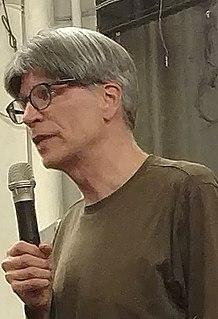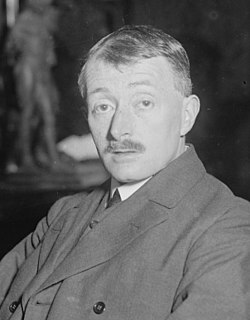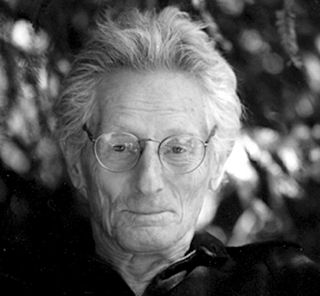A Quote by Richard Powers
The desire to live in our imagination is driven by this suspicion that we're disembodied sensibilities cobbled into our bodies. That idea has infused most of human thought since the very beginning.
Related Quotes
I know, that since life is our most precious gift, and as far as we can be absolutely certain, it's given to us to live but once, let us so live we will not regret years of useless virtue, and inertia, and timidity, and ignorance, and in our last moments we can say: 'All my life, all my conscious energies, have been dedicated to the most noble cause in the world, the liberation of the human mind and spirit - beginning with my own'.
Realizing that our minds control our bodies while our bodies reflect our minds amounts to understanding the most fundamental aspects of ourselves. It further equals a comprehension of the relationship between our "tools." And since the mind and body are interrelated, this understanding makes it easier to see why coordinating them is a practical way of using these tools to greatest effect-a way of using the mind and body to live our lives as art.
What makes people want to live forever? I don't think it's limited to our materialistic society of today. Even back to Christian times, they were writing about eternal life after death. So even in death there was a discussion of eternal life. I think this is a universal human desire. It's a horrible thought that this conscious being of ours - with our beautiful bodies - is one day going to decay and die. I don't think it so much has to do with the fear of meeting God, as it is just the thought that this all ends.
Chess is a unique battlefield for human minds and computers - human intuition, our creativity, fantasy, our logic, versus the brute force of calculation and a very small portion of accumulated knowledge infused by other human beings. So in chess we can compare these two incompatible things and probably make projections into our future. Is there danger that the human mind will be overshadowed by the power of computers, or we can still survive?
... poetry is not a luxury. It is a vital necessity of our existence. It forms the quality of the light within which we predicate our hopes and dreams toward survival and change, first made into language, then into idea, then into more tangible action. Poetry is the way we help give name to the nameless so it can be thought. The farthest horizons of our hopes and fears are cobbled by our poems, carved from the rock experiences of our daily lives.
Since the journey is a metaphor - the most ambiguous and seductive of metaphors, we tell ourselves - it can also be born of immobility. There is no need to drag our bodies around so much, all dressed up. It's hot, there are flies, diseases. It is enough to close our eyes, seated on a chair in the shade, to float on the waves of imagination. Isn't that what books are there for?
The human mind has a desire to know its place in the universe and the role we play in the tapestry of life. This is actually hardwired into our brains, the desire the know our relationship to the universe. This was good for our evolution, since it enabled us to see our relationship to others and to nature which was good for our survival. And it is also what drives our curiosity to understand the universe.
Presumably there are energies, to which each human is sensitive, that we cannot yet detect by means of our instruments. Built into our brains and our bodies are very sensitive tuneable receivers for energies that we do not yet know about in our science but that each one of us can detect under the proper circumstances and the proper state of mind. We can tune our nervous systems and bodies to receive these energies. We can also tune our brains and bodies to transmit these energies.







































